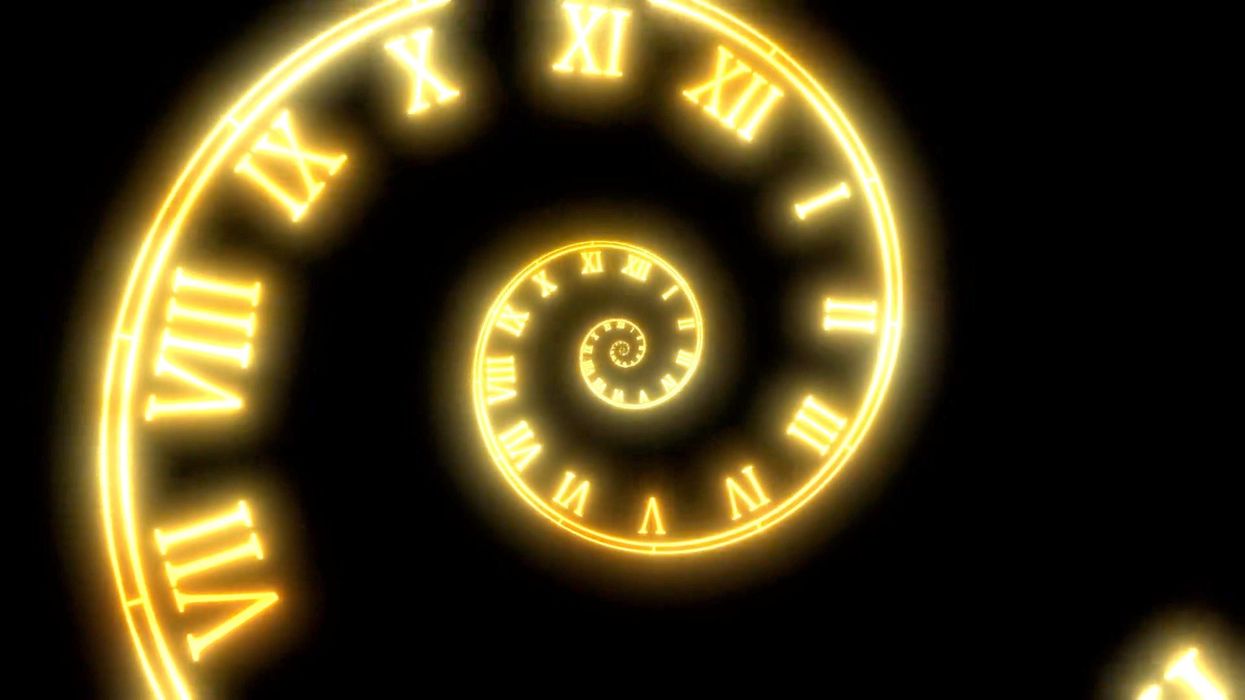Science & Tech
Greg Evans
Nov 19, 2025
New Theory May Finally Put the Time Travel Debate to Bed
ZMG - Amaze Lab / VideoElephant
A new theory suggests that time might not be a fundamental aspect of our universe but rather an illusion created by quantum entanglement.
Quantum entanglement occurs when particles become interconnected in such a way that the state of one instantly influences the state of another, regardless of distance.
According to this theory, the perception of time emerges from the entanglement of objects with a reference clock. Consequently, without this entanglement, the universe would appear static and unchanging to an external observer.
This idea challenges traditional views shaped by general relativity, where time is intertwined with the fabric of space and influenced by gravity.
However, in the realm of quantum mechanics, time does not exhibit the same flexibility. Researchers argue that reconciling these two perspectives requires rethinking time’s fundamental nature.

Despite its intriguing implications, this theory faces challenges, including how to test these concepts empirically. As the understanding of quantum mechanics and its intersection with our macroscopic world evolves, this theory may provide new insights into the nature of reality and time itself.
Researchers Alessandro Coppo and colleagues have explored this idea, proposing that time might emerge from the quantum interactions at a fundamental level.
Their findings, published in Physical Review A, suggest that our experience of time could be a byproduct of quantum processes rather than a fundamental aspect of reality. This theory, while still in its early stages, opens up new avenues for understanding the nature of time and its role in the universe.
"For centuries, time has entered physics as an essential ingredient that is not to be questioned. It is so deeply rooted in our conception of reality that people thought that a definition of time was not needed," says Coppo. “We believe that nature is genuinely quantum,” he adds.
The implications of this theory are profound, as it suggests that time, as we perceive it, might not be a universal constant but rather a construct emerging from deeper quantum interactions.
This could lead to a new understanding of how the universe functions at both macroscopic and microscopic levels, potentially bridging gaps between quantum mechanics and general relativity.
This article was originally published on 9 June 2024
Why not read...
These optical illusions 'reveal how you see the world'
Experts have figured out the science behind optical illusions
Sign up to our new free Indy100 weekly newsletter
Have your say in our news democracy. Click the upvote icon at the top of the page to help raise this article through the indy100 rankings.
Top 100
The Conversation (0)














